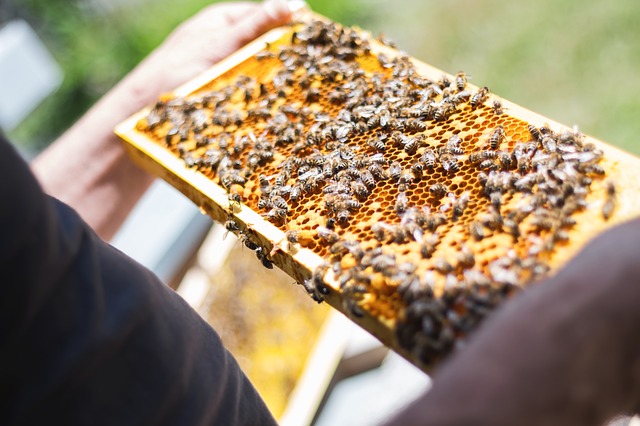
We’ve taken publishers to task for disappearing articles without providing readers an explanation for the move. Turns out, they do the same with books, too.
In September 2014, Springer Nature published “Beekeeping for Poverty Alleviation and Livelihood Security Vol 1: Technological Aspects of Beekeeping,” described as:
a practical guide that will assist all those who are involved in beekeeping for development. We hope it will stimulate beekeeping as an integrated activity with farming and nature conservation and will serve in many households for poverty alleviation and livelihood security. A book not to be missed in any self-respecting library.
The problem with that lofty ambition is that few if any self-respecting libraries overlook plagiarism, which is what the book contained. A reader contacted the publisher about the plagiarism in late December 2019, and Springer Nature responded to say that the book had been retracted earlier that year.
But we don’t blame the reader for not knowing that: Rather than say so, the publisher has listed the title as “Out of Print.” That’s technically true, but misleading.
Renate Bayaz, a spokesperson for the publisher, told us:
Due to the ‘nature’ of books (with external sales platforms, physical shops and distribution channels), book publishing workflows are different from journals. In the past there was no retraction notice in place which could be linked to a product which was entirely withdrawn. However, this workflow was adapted in the meanwhile and is in place now since 2020. The retraction of the book you mentioned was already in 2019.
That may be. But we’d suggest updating the note on the book now.
Like Retraction Watch? You can make a one-time tax-deductible contribution or a monthly tax-deductible donation to support our work, follow us on Twitter, like us on Facebook, add us to your RSS reader, or subscribe to our daily digest. If you find a retraction that’s not in our database, you can let us know here. For comments or feedback, email us at [email protected].
“Few if any self-respecting libraries overlook plagiarism.”
Oh, if only our libraries had the resources for that kind of vetting! Or maybe it’s better they don’t; librarians tend to create more problems than they solve when they evaluate books for content.
But on another note, that is really bad advertising copy. “Your library isn’t self-respecting if you don’t have this book” makes me want to leave that book out of my library.
The excuses about “external sales platforms, physical shops and distribution channels” don’t apply to the online version, which was hosted on Springer:
http://web.archive.org/web/20180609221236/https://link.springer.com/book/10.1007/978-94-017-9199-1
This was also memoryholed with no notice of retraction, let alone depublication. The link now gives an error message.
The retraction needs to be immediately notified so that contents are not used by the readers for reference purposes. The authors can misuse the publication for their benefit even after the retraction. The comments of Dr Thomas Munro and Dr Douglas Davidson are very much valid and appreciated
Simply saying out of print does not clarify the intent beyond it. Retraction needs to be clearly spelled out